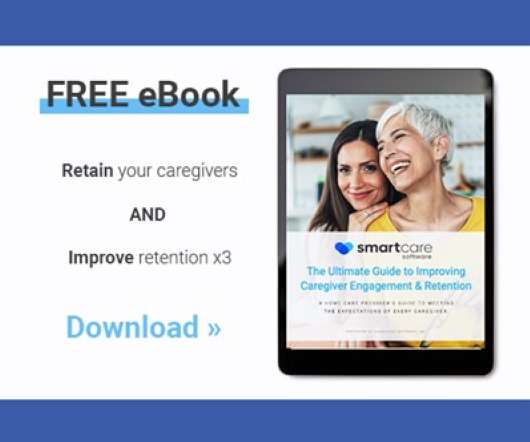How well do we adult researchers really prepare ourselves to share power and control with children and young people in the context of patient and public involvement?
Evidence-Based Nursing - BMJ blogs
SEPTEMBER 17, 2023
“This week’s blog post is written by Betul BAY, a PhD candidate with expertise in cancer pain management among children and young people at the University of Birmingham’s School of Nursing and Midwifery. Within this blog, she underscores the importance of further research aimed at establishing the most optimal levels of Patient and Public Involvement and Engagement (PPIE) to enhance the empowerment of children and young people (CYP).” @HOPPS_UOB How well do we adult resea

















Let's personalize your content